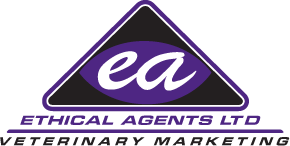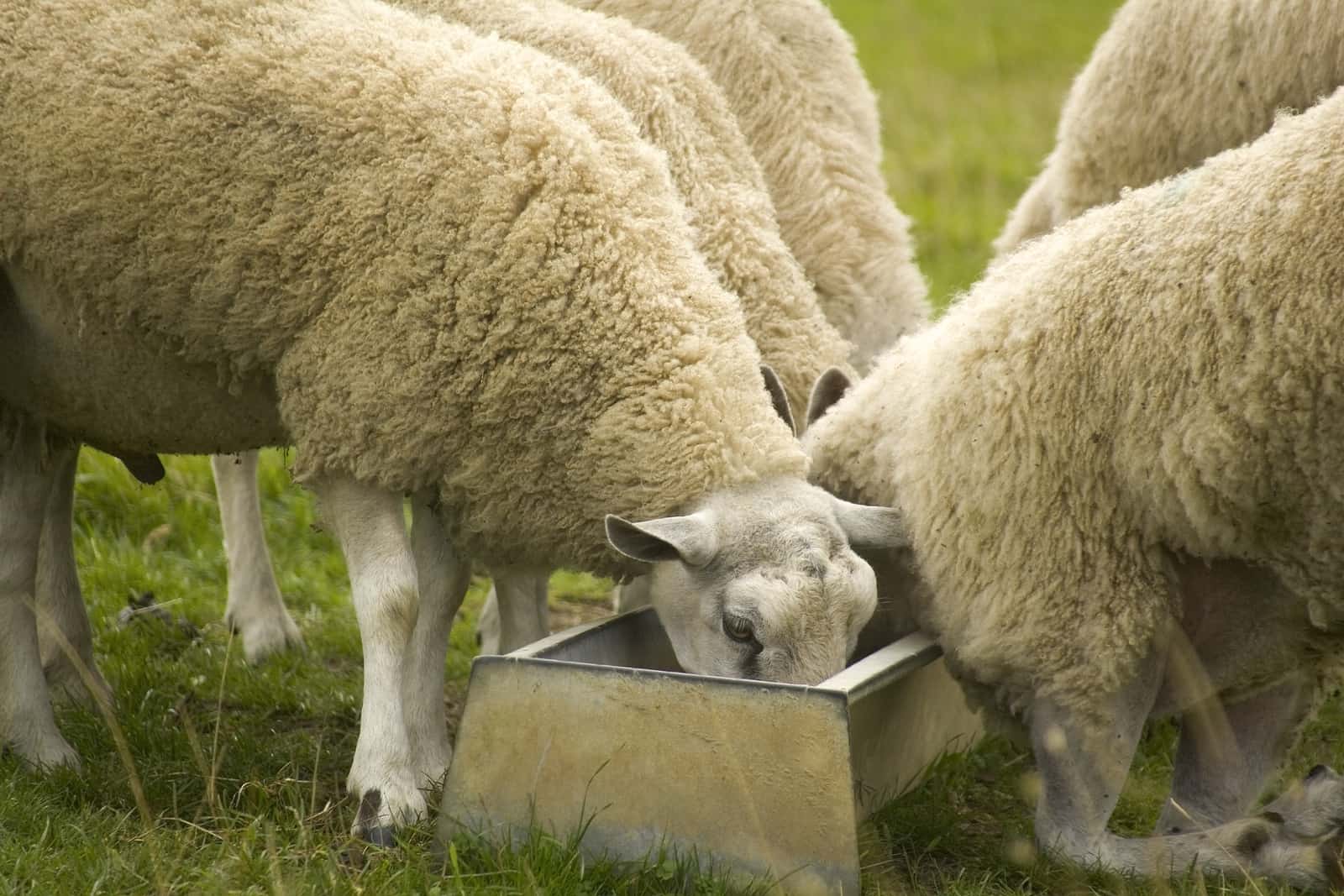Choosing the Right Minerals for Your Animals
Taking supplements isn’t only for humans. Minerals are crucial to the proper function of enzymatic and immune systems in animals, and support animal growth. You may notice your animal’s skin and hair look unusual, or different to before. These signs might indicate a deficiency, especially if you’re noticing it in farm livestock. These animals often require a variety of feed to get the minerals and vitamins they need, but this isn’t always possible. We here at Ethical Agents provide a full range of veterinary minerals and vitamins to help support your animals’ wellbeing and daily lives.
Below, we’re going to look at a few key minerals, and explain what they are used for. Read on to learn more!
Iodine
If you’re finding that your cattle are less fertile than expected, and they have enlarged thyroids or hairless calves, it’s possible your cattle have an iodine deficiency. This is a common problem found in many farm animals, as many feeds simply can’t provide enough iodine naturally. One of the best ways to bolster this deficiency is Gold Pellet; a palatable and convenient way of supplementing protein, amino acids, iodine, and other vitamins, all in a single concentrated supplement.
Calcium
Calcium is an essential mineral for supporting bone in our bodies, and it’s the same for livestock. Calcium can be used by cells to deliver signals, contract muscle, and plays an important role in the functioning of neurotransmitters. Calcium and Vitamin D together form the structure of bones, so calves with calcium deficiencies can end up with more fragile skeletons. Symptoms of calcium deficiency can include muscle twitching, restlessness, stiffness, panting, and convulsions.
A healthy milking cow demands up to three times more calcium than a non-lactating cow, so a deficiency of calcium can reduce milk production as a result too.
Iron
Why is iron significant for animals? Primarily because it forms haemoglobin, which is vital for the circulatory system. Iron loss leads to anaemia, decreased immunity, and weight loss. The worst thing about iron deficiency is that it’s hard to observe in many animals, but especially horses.
Rather than wait for your animals to develop iron deficiency, it’s best to talk to a veterinarian about adding an iron supplement to their diet, to prevent the issue from occurring in the first place. Even many feeds that contain iron oxide don’t actually contain it in a form that can be absorbed by animals, so talking to an expert is important.
If you have horses, hemabuild is an iron supplement designed just for them. A concentrated blend of iron, copper, and B-group vitamins helps boost red blood cell production and improve appetite.
Magnesium
Magnesium is a crucial micromineral in neuromuscular function. Research shows that magnesium deficiency can cause grass tetany, a life-threatening metabolic disorder in animals. Grass tetany can be prevented by feeding your cattle a mineral mixture containing magnesium oxide. Although most cattle don’t suffer from low magnesium, it’s important to be aware of, as grass tetany can lead to a large impact on productivity and production.
There are a range of products out there for different animals. For example, Superlac is a universal milk for all puppies and kittens, rich with minerals and vitamins. Each dosage contains 100mg magnesium.
We Provide a Full Range of veterinary minerals
It can be difficult to reliably diagnose a mineral deficiency in animals. The best way to avoid issues is to use a mineral supplement to bolster the diet of your animals. At Ethical Agents, we stock a full range of veterinary supplies to help your animals get rid of suffering and stay healthy, so we’re happy to answer any questions about animal supplements you might have. Talk to us today to learn more!


Leave a Reply